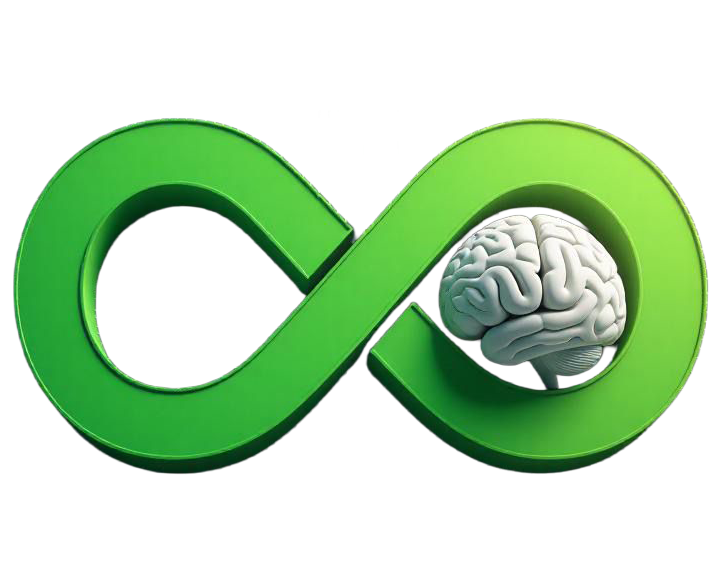
February 9, 2023
Millions of people all around the world have mental health, including stress and anxiety, depression, and even more complicated disorders. A mental health issue is experienced by one in every five adults in the United States every year, and that is why they badly require support.
Counseling and therapy has become essential in addressing the same concerns and offer a systematic approach to emotional healing, behavior change and well being. Therapy is better than medication in that; it allows one to learn about resilience-building skills, which he/she can apply to stressing life events.
What Therapy and Counseling Is?
Counseling and therapy fall under the psychological treatment but they differ in a way:
- Counseling is mostly directed to short term issues such as stress, relationship issues or career choices.
- Through therapy (psychotherapy) more serious, long term problems such as depression, trauma or personality disorders are treated.
Both the methods are provided by licensed experts that will assist in learning to feel, reform the thinking process and develop more beneficial coping mechanisms.
Advantages of counseling and Therapy.
1. Reduce Mental illness symptoms.
Therapy will provide evidence-based treatment to reduce symptoms of depression, anxiety, PTSD, and others. A good example is Cognitive Behavioral Therapy (CBT) that can be used to re-frame negative thoughts that have a direct negative impact on emotional distress.
2. Building Emotional Muscles.
Counseling enables one to learn to cope with the emotional triggers. In the long term, people are made tough and thus they are better placed to handle problems in the future.
3. Improving Relationships
Relationship issues fall under some of the most prevalent causes of stress. Therapy offers communication, conflict management, and relationship building activities that improve the life of a family and human relationships.
4. Enhancing Self-Awareness
Self-reflection is encouraged during therapy and it is to help the person understand better his or her values, beliefs and behaviors. This increased awareness is healthy in healthy decisions and self-growth.
5. Supporting Physical Health
Mental health is closely associated with physical health. Stress related illnesses such as high blood pressure, insomnia and low immunity are reduced in counseling. The healthier lifestyle choices are the better the people feel emotionally.
6. Healthy Coping Skills.
Therapy equips the person with coping, mindfulness, journaling, relaxation, problem-solving, which reduces dysfunctional coping mechanisms that involve substance abuse or avoidance.

Types of Counseling and Therapy Approaches
| Therapy Type (Abbr.) | Focus | Helps With |
| Cognitive Behavioral Therapy (CBT) | Change negative thoughts | Anxiety, depression |
| Dialectical Behavior Therapy (DBT) | Manage emotions, mindfulness | Borderline Personality Disorder (BPD), self-harm |
| Psychodynamic Therapy (PDT) | Uncover unconscious patterns | Trauma, conflicts |
| Humanistic Therapy (HT) | Personal growth | Low self-esteem |
| Couples & Family Therapy (CFT) | Improve relationships | Marital & family issues |
| Group Therapy (GT) | Peer support | Addiction, social anxiety |
U.S. Counseling and Therapy- Availability and Accessibility.
There are several support networks in the United States to make therapy available to individuals that need it:
- Mental Health Centers offer affordable mental therapy.
- Insurance Benefit: Most insurance plans currently cover mental health benefits and therefore therapy is made cheaper.
- Teletherapy: Sites such as Betterhelp and Talkspace have increased access, and people can now obtain therapy over the internet.
- Workplace Programs: Employee Assistance Programs (EAPs) can include free or low-cost counseling sessions.
These are resources that assist in filling the loopholes of people who might find it difficult to receive consistent care.
The Counselors and Therapists Role.
Professionals can be instrumental in the recovery guidance. They are responsible:
- Establishing secure and non-confidential environments to exchange experience.
- Coping skills- Evidence based instruction.
- Giving objective views in order to assist clients in re-framing problems.
- Measuring improvement and changing the treatment strategies when necessary
Diet and Lifestyle Support for Mental Health
| Nutrient / Food Group | Examples | Benefits for Mental Health |
| Omega-3 Fatty Acids | Salmon, flaxseeds, walnuts | Supports brain health, reduces depression symptoms |
| Vitamin D | Eggs, fortified milk, sunlight | Improves mood and energy levels |
| B Vitamins | Leafy greens, beans, poultry | Helps regulate mood and energy |
| Magnesium | Nuts, seeds, spinach | Lowers stress and promotes calmness |
| Probiotics | Yogurt, kimchi, kefir | Strengthens gut-brain connection |
| Hydration | Water, herbal teas | Enhances focus and reduces fatigue |
Challenges and Stigma
The advantages notwithstanding, some obstacles exist:
- Stigma: Therapy has yet to be seen as a strength by many, as it is in fact a weakness.
- Cost: Even with insurance, some therapy sessions remain expensive.
- Access in Rural Areas: In lots of smaller towns, there are not enough mental health professionals.
Awareness creation and normalization of therapy are important in the process of enhancing access and alleviating these obstacles.
Long-Term Impact of Therapy
It is not only the short-term impacts of the counseling and therapy:
- Increased Quality of life: Healthy self esteem, better relationships and increased productivity.
- Relapse Prevention: Therapy encompasses learning of skills that hinder the onset of the condition like depression or addiction.
- Generational Impact: As parents go through the therapy they will be inclined to instill healthier coping skills in their offspring.
Conclusion
Therapy and counseling are effective means to enhance mental health results. Therapy allows people to re-take control of their lives through symptom minimization, resilience-building and the establishment of healthy relationships.
It is increasingly possible to utilize professional support through community services, tele-therapy, and workplace programs, making more people eligible to access it in the U.S. It could be a long path to go, however, therapy is a hope, a healing process and the road to long-lasting psychological well-being.






